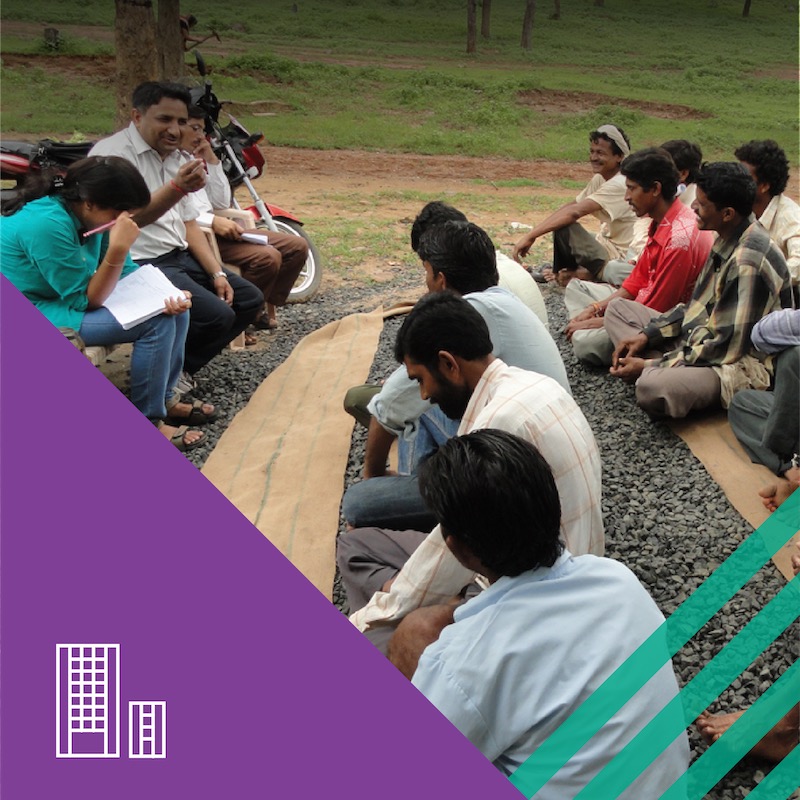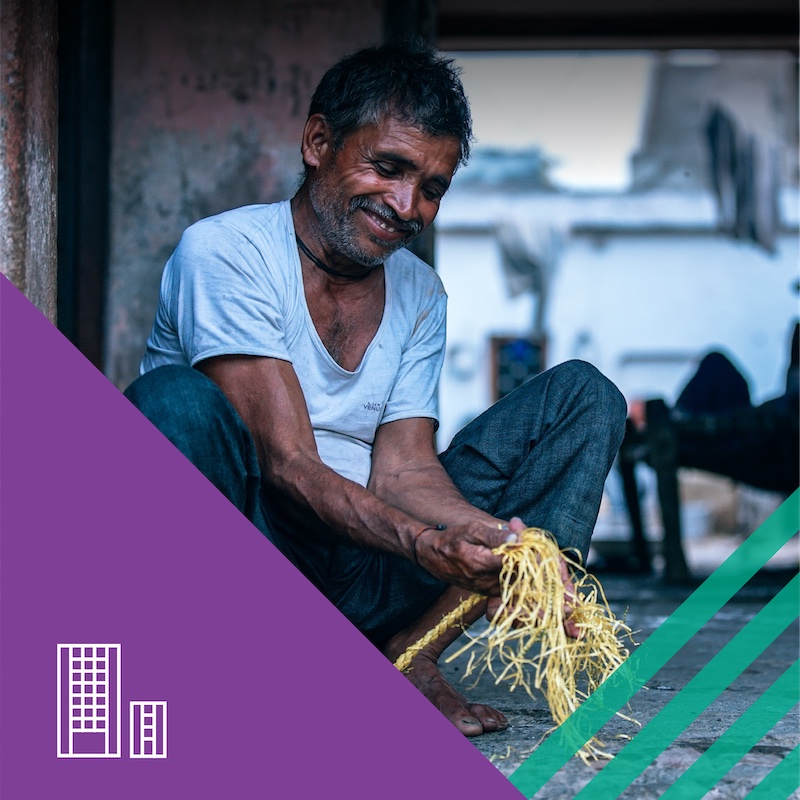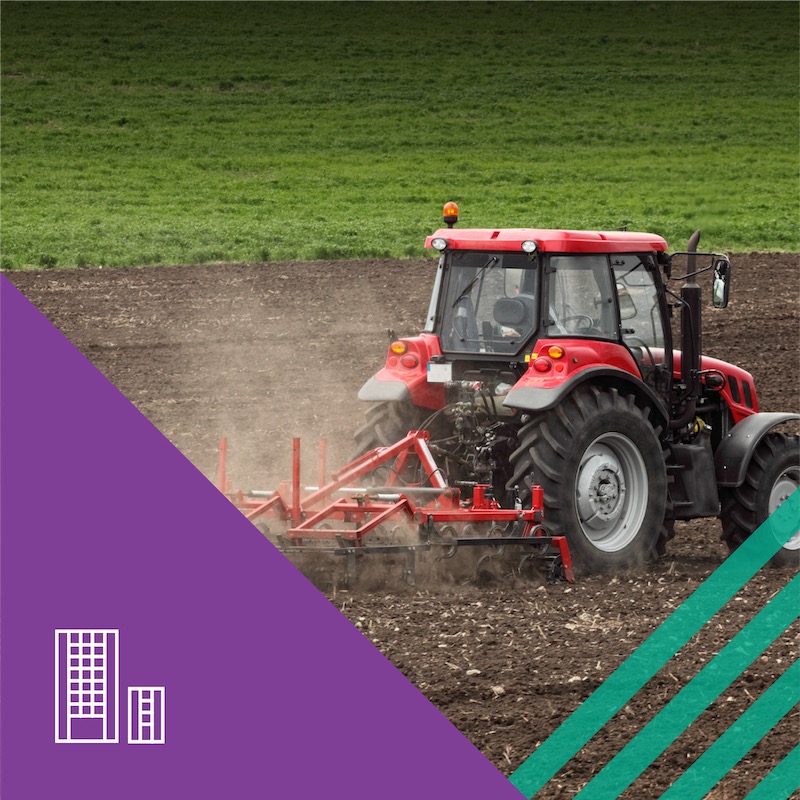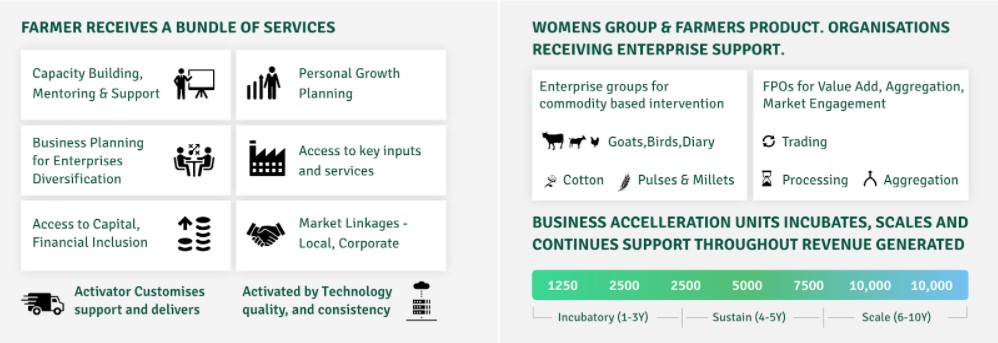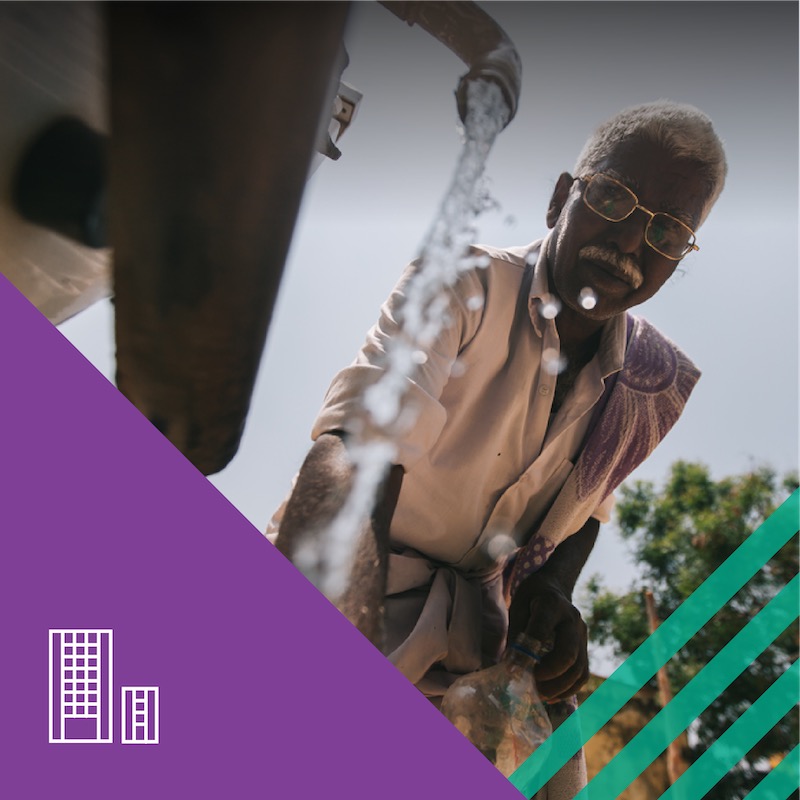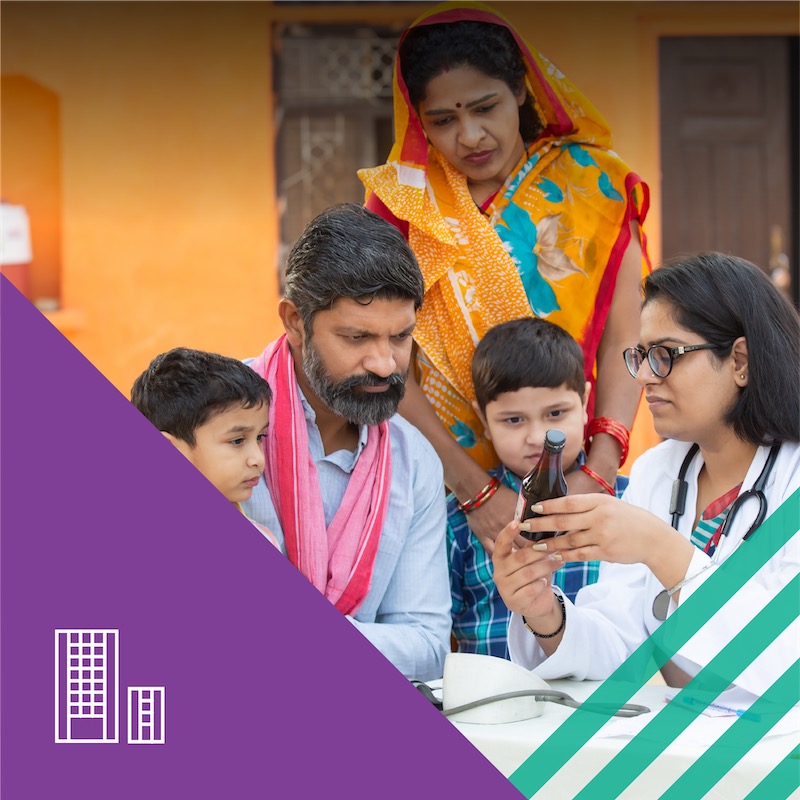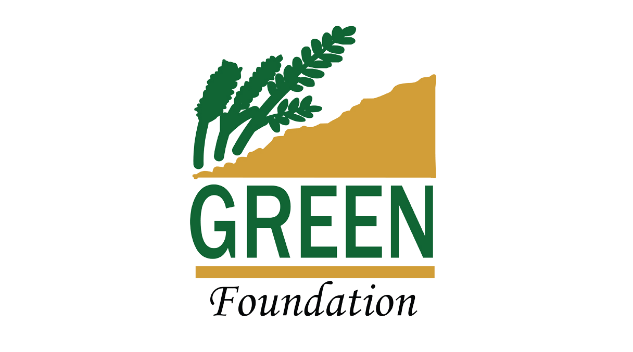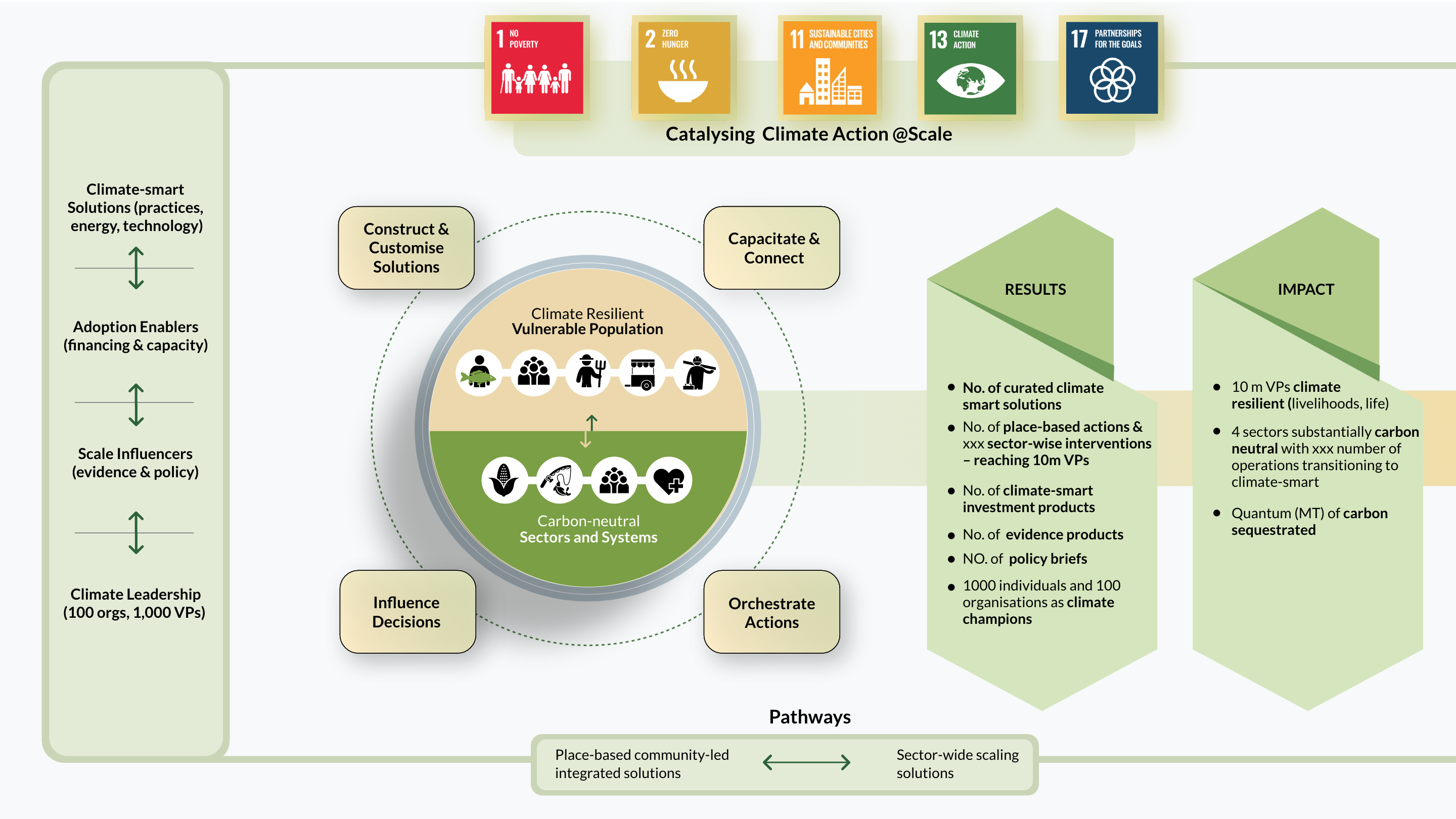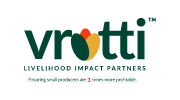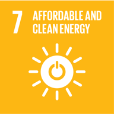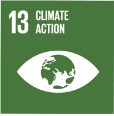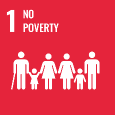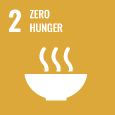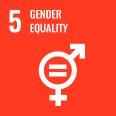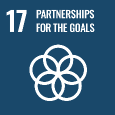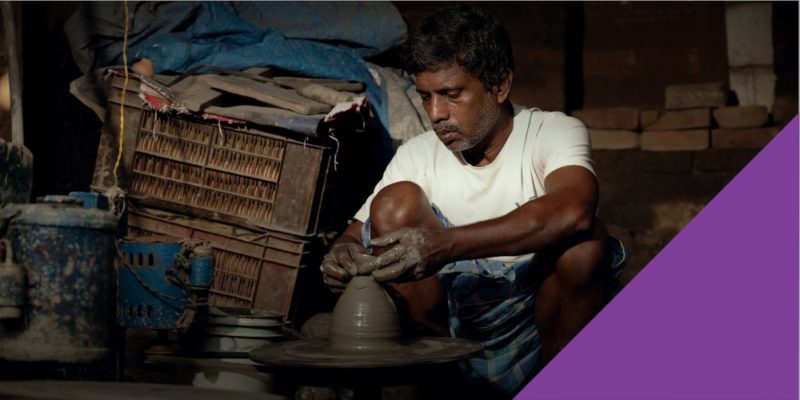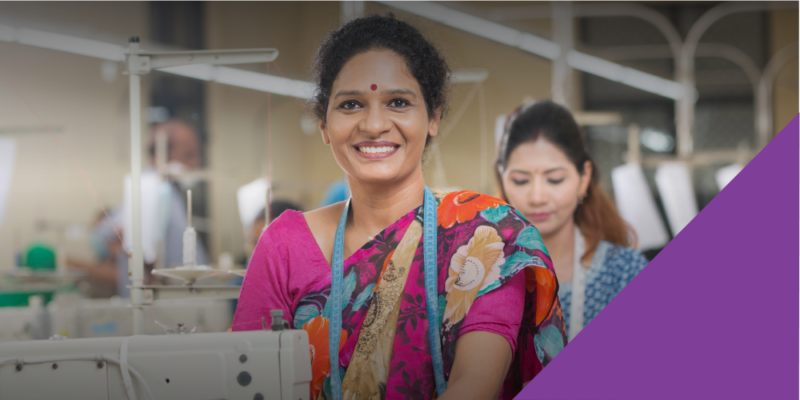The cycle of ill health and poverty is kept intact by system inefficiencies, episodic treatment seeking behaviour of the poor, and minimal focus on prevention and non-medical determinants of health. The poor lose up to 1-2 months of productive time in a year to an illness of self and family. Almost 50-80% of them live with some form of undiagnosed illnesses and die earlier than those who are economically better off. About 50-60 million people in India have been pushed to poverty, in the last decade, because of health-related expenditure.
Invest for Wellness (i4We) is a system innovation in primary healthcare, which combines health and wealth interventions, and focuses on wellness for the poor in an affordable, quality assured and scalable way. The programme ensures the primary care of members, navigates them through a range of existing secondary and tertiary providers and uses a blended financing model. The model combines medical, behavioural and social science with an appropriate mix of technology and health financing. It is currently delivered in four settings – Urban, Rural, Factories and Sex Workers’ collectives.
In any setting, a household becomes a member by saving a minimum of ~ 0.8-1 USD per week in a local health group. When a family member is ill, they get free, prompt, convenient and empathetic care in the local clinic by a nurse and a dial-in doctor. When they are well, they are screened systematically for 10 high-burden conditions. In the case of chronic conditions, continued support to adhere to treatment and other changes, is provided. When the condition requires hospitalization or advanced treatment, they are referred to a quality assured network of providers and treatment adherence.

The i4We model is guided by the philosophy of “work with what works” and complements the existing network of health providers by making them more effective and efficient, with a customer focus.
Members get health advice, assured screening and treatment for 20 diseases and conditions, and priority access to health services.
Know more about i4WE



